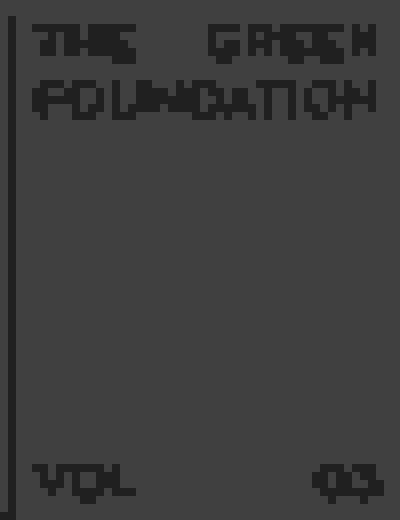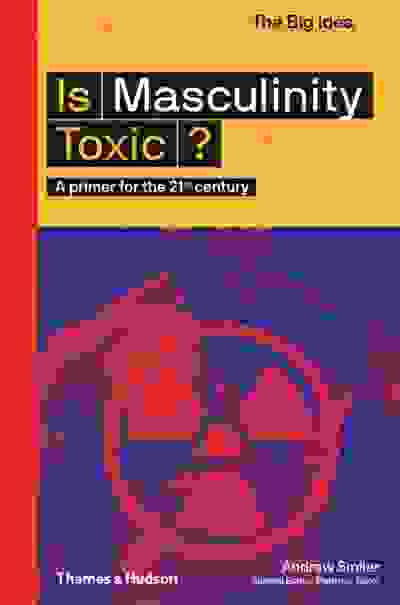Your cart is currently empty.
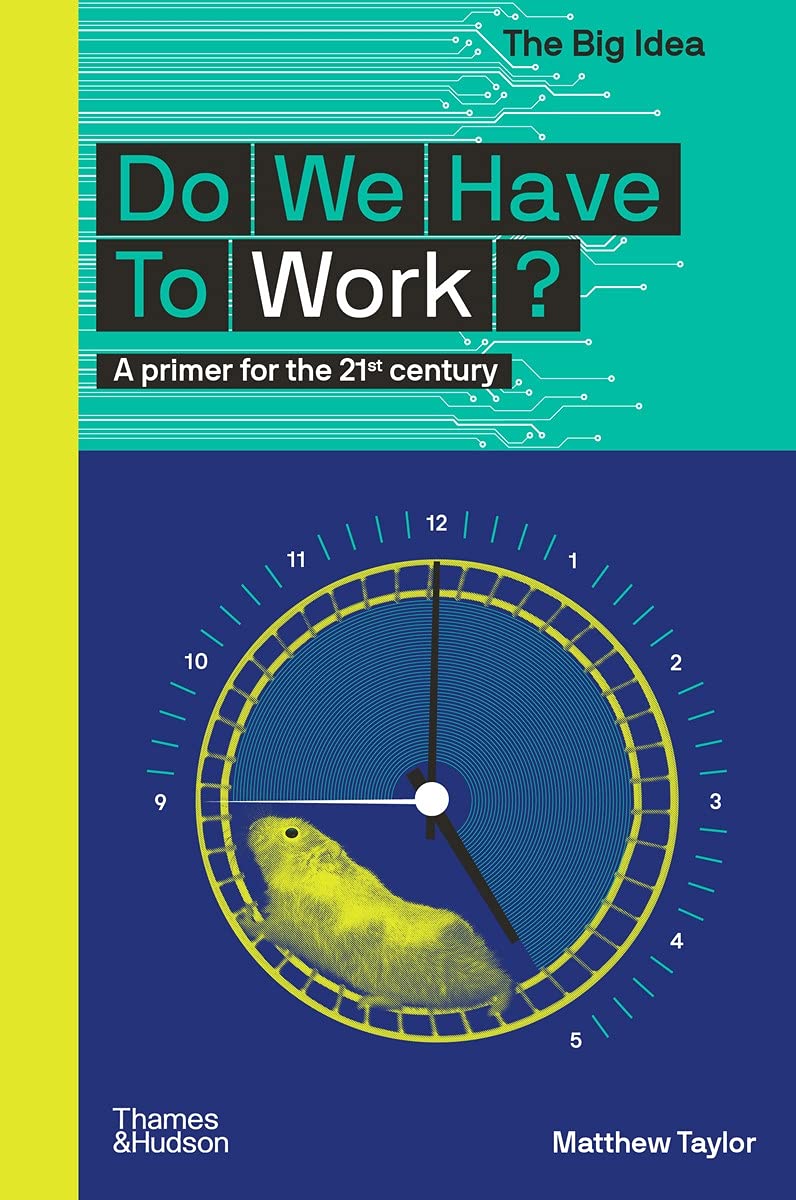
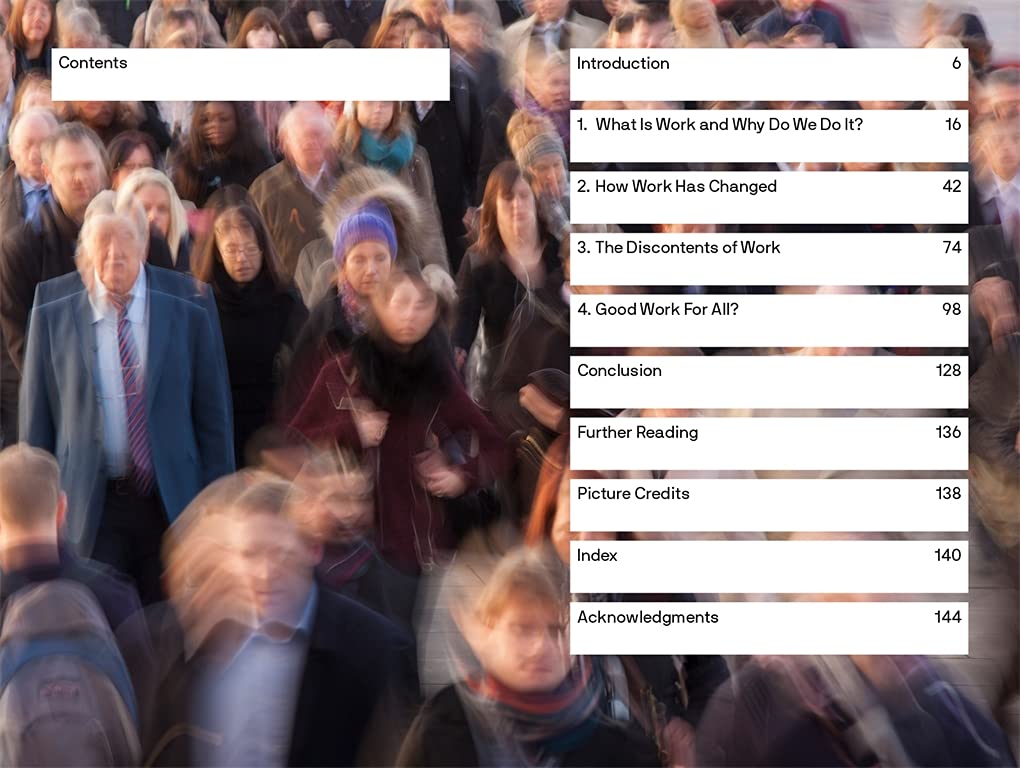
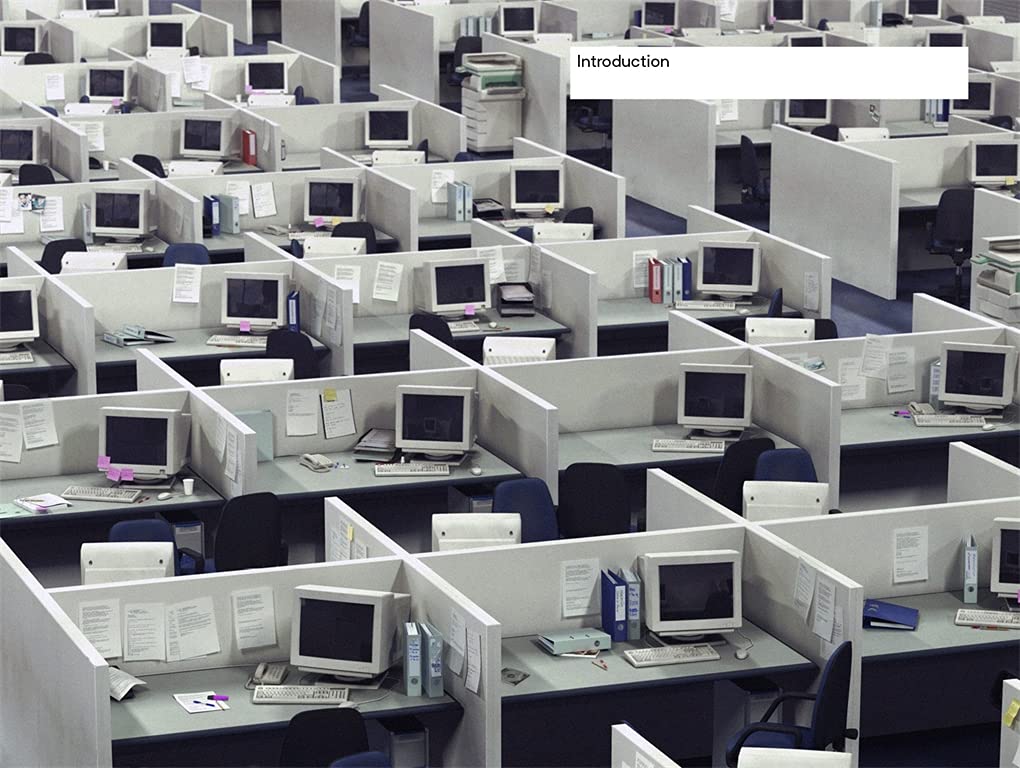
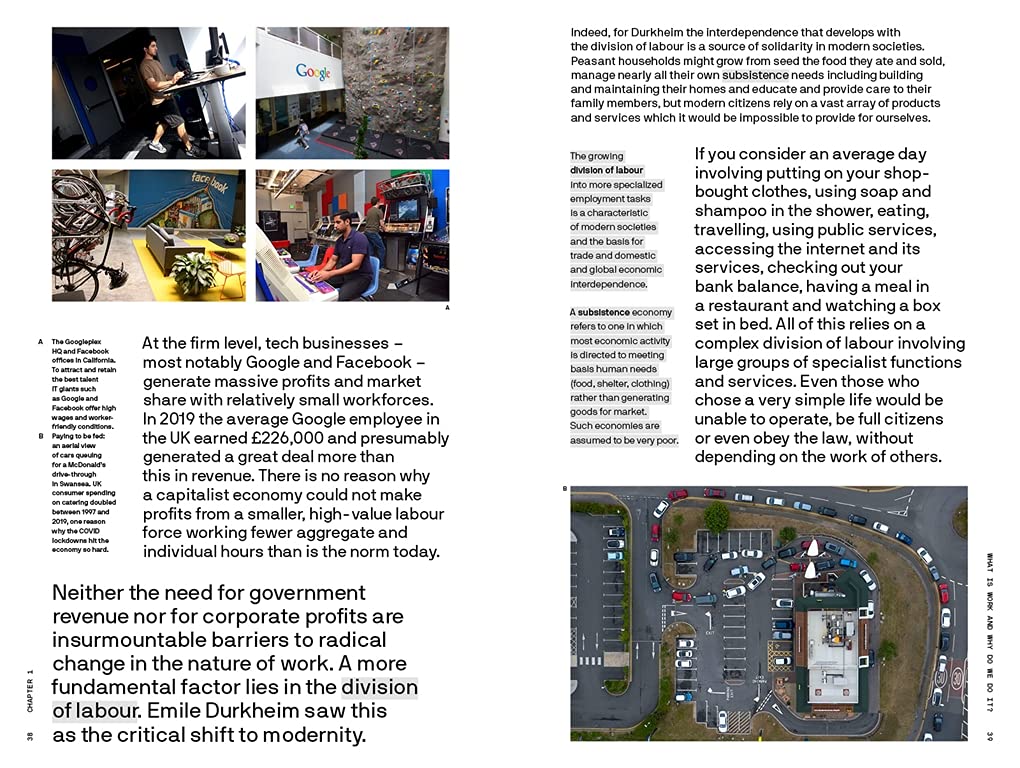
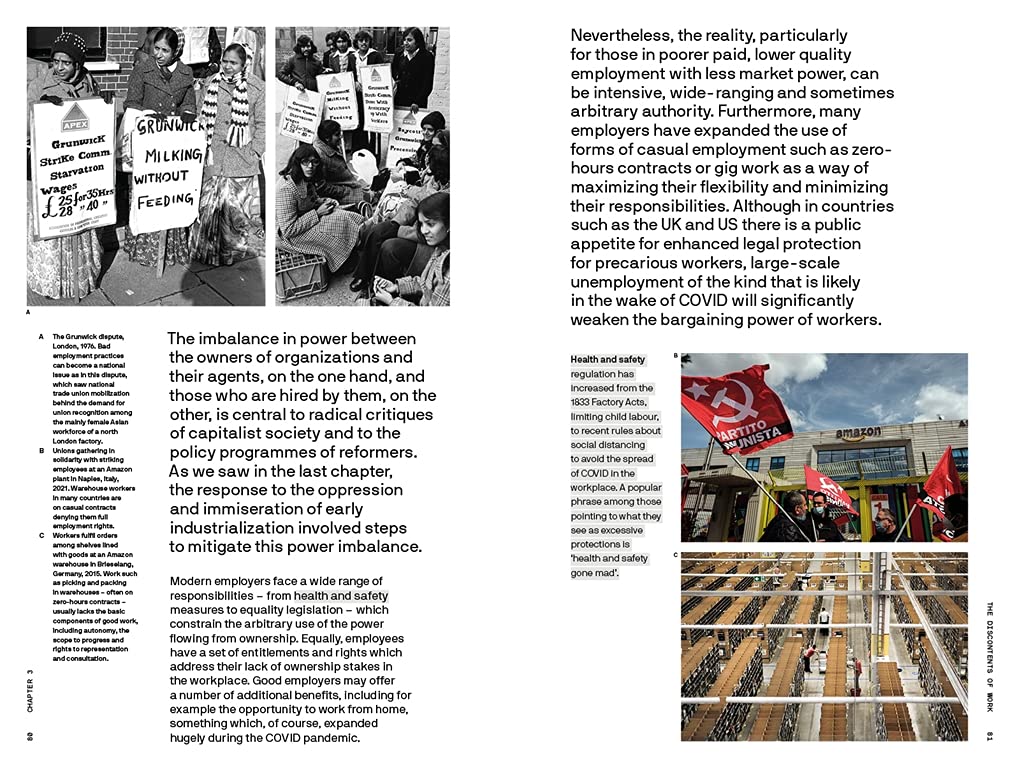
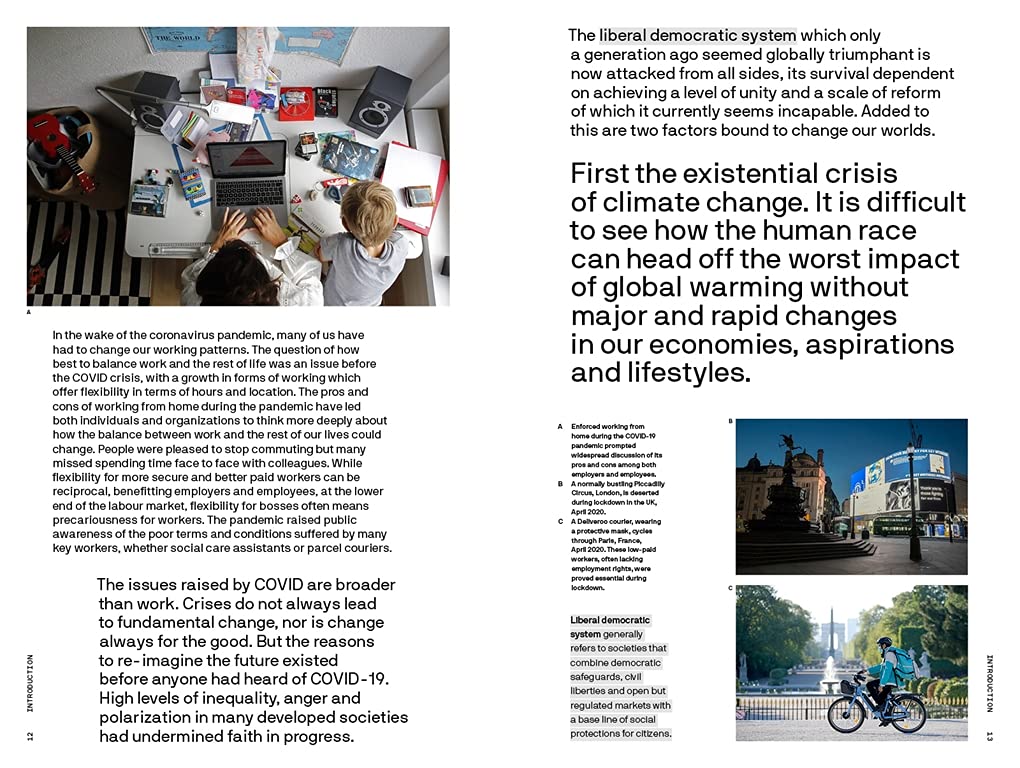
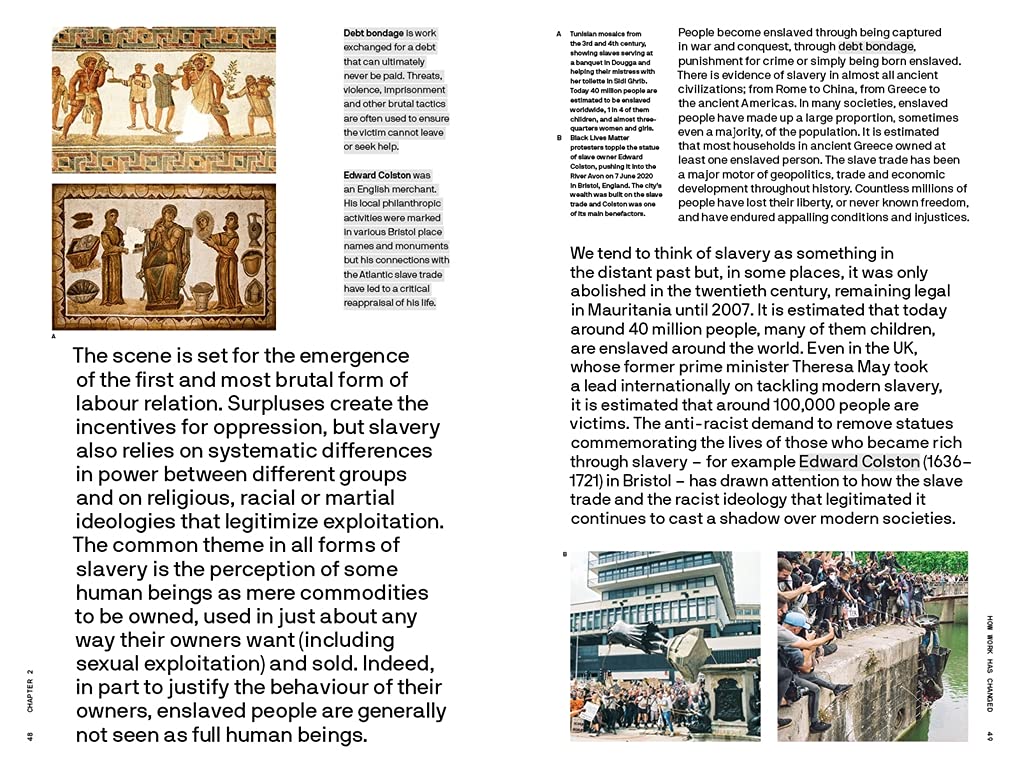
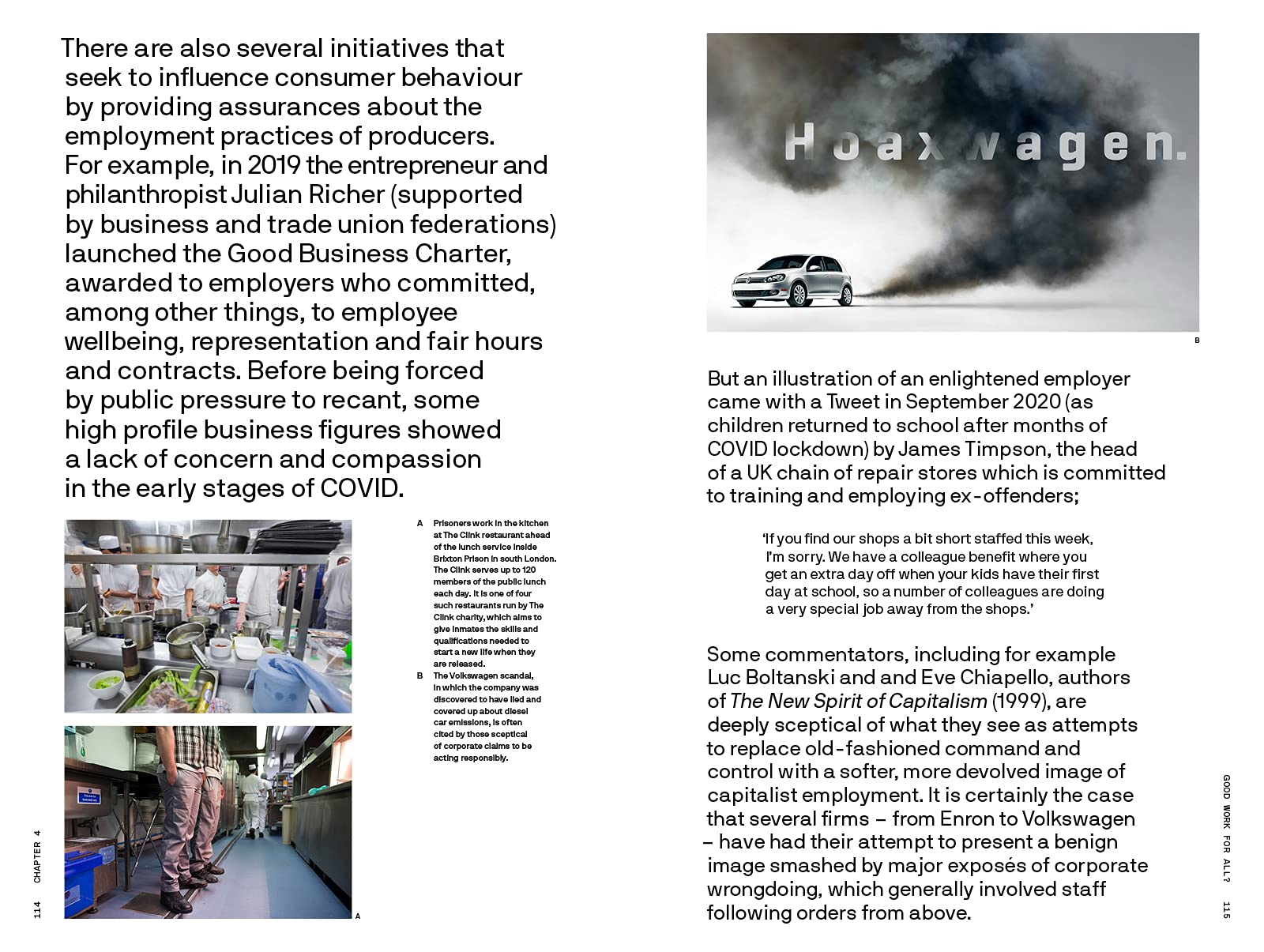
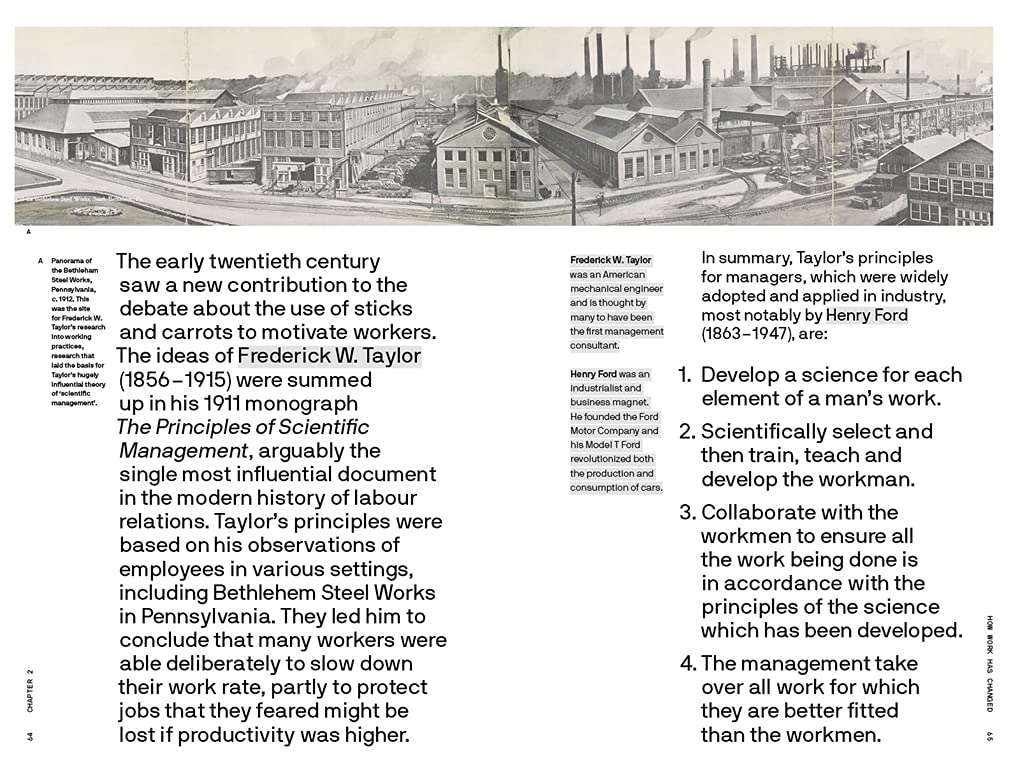
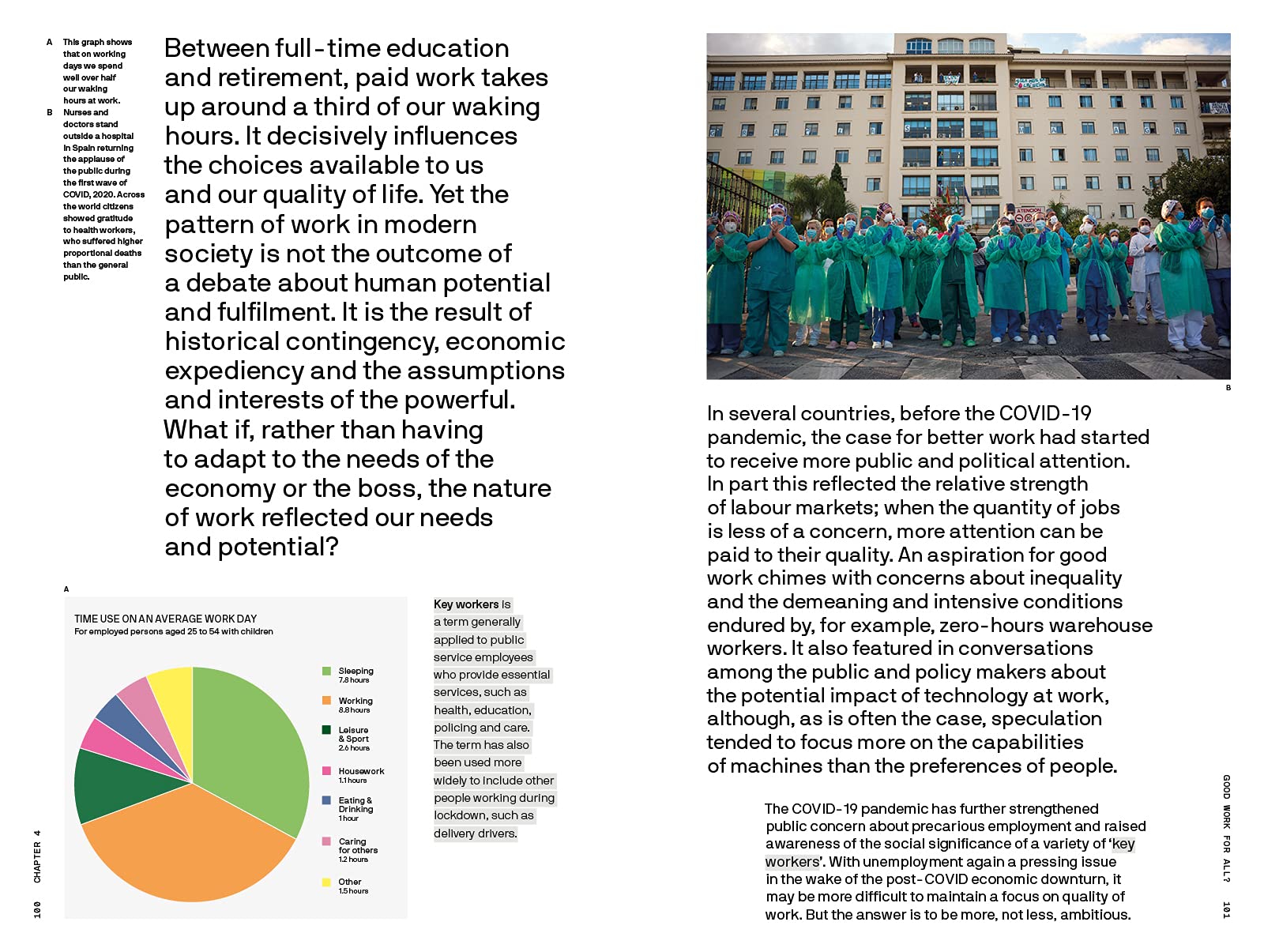
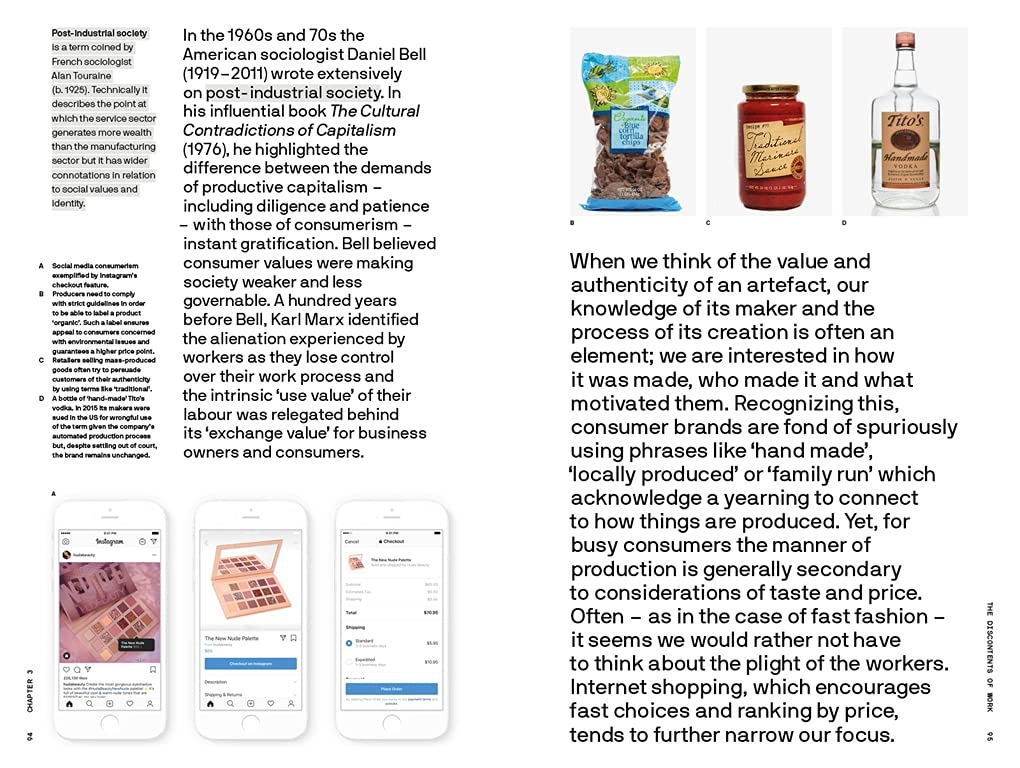
1
/
11
Do We Have to Work? A primer for the 21st century
€ 18.00
sold out
COVID-induced work from home, demand for government support, changing attitudes toward paternity leave, climate change and advances in AI: these and other factors have profoundly changed our relationship to work.
Work is so integral to our lives and our culture that we have internalized beliefs about its value and have built our economies and lifestyles around those beliefs. Expert Matthew Taylor reviews how the meaning, status, and structure of work have changed across history and societies. He goes on to posit that we are approaching a new era of work. He outlines some of the factors that might lead to change, including the adoption of forms of universal basic income, the growth of the zero- or low-cost economy (renewable energy, user-generated content, community mutual support), and the growth of self-employment and quasi- autonomous ways of working (including from home) in organizations. He concludes that such changes might foster a more fundamental shift: a growing intolerance of the idea of work as a burden and a desire to transform it from something imposed on us into simply the means by which we live our best lives together, recreating in modern conditions with modern resources a prehistoric unity between being and working.
Author Matthew Taylor
Publisher Thames & Hudson
Pages: 144
Material: softcover
ISBN: 9780500296226
Categories: critical theory/writing, science/technology
Dimensions: 15.24 × 23.11 cm
stay in touch
Send us your name and email and we will semi-regularly keep you up-to-date on our latest news, deliveries and events.
We use cookies to ensure that we give you the best experience on our website
